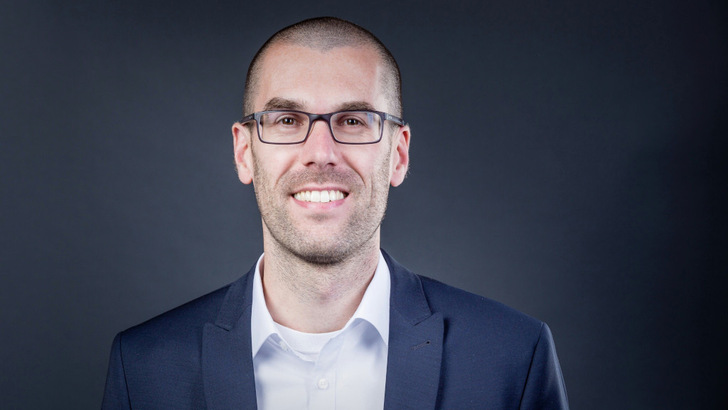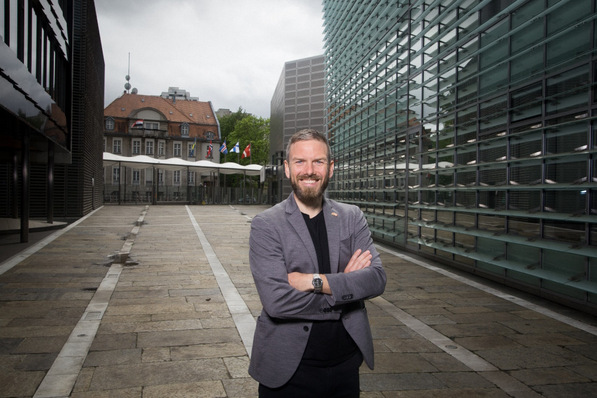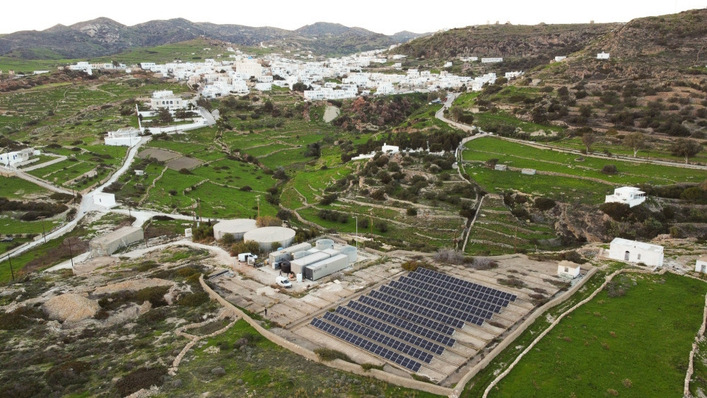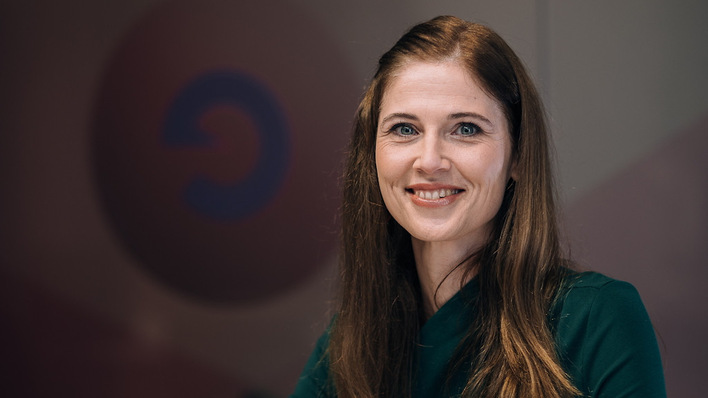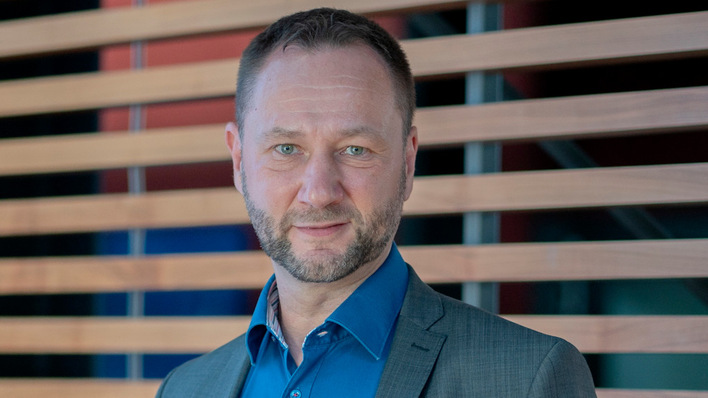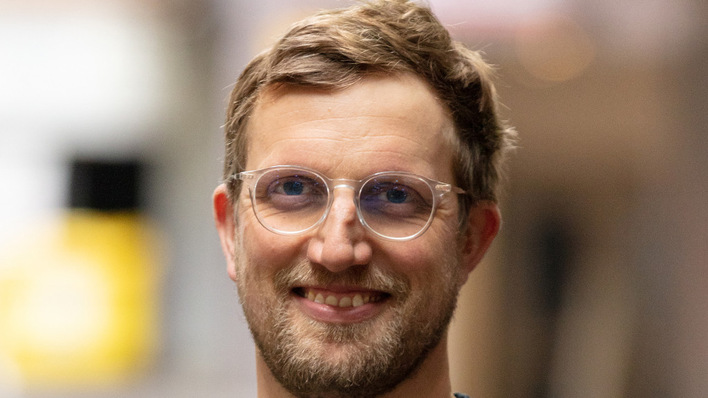It's been a while since the opening of Solarwatt's latest factory. What plans are there to build up further production capacity?
Peter Bachmann: The drop in the price of solar modules is causing the entire solar manufacturing industry in Europe a lot of problems. We are currently looking very closely at what the right next step is for Solarwatt. Politicians are actually calling for 40 per cent of the annual expansion in Europe to come from European production by 2030. Unfortunately, clear decisions, such as the support provided under the Inflation Reduction Act (IRA) in the US, have so far failed to materialise in Europe. As a result, it is difficult to visualise economic production under the current framework conditions. Unfortunately, I can't say any more about this at the moment, but we are thinking in all directions. There are no bans on thinking.
What significance does the sheer size of production have for a European manufacturer in order to survive in a fiercely competitive module market?
Of course, capacity plays a role, as a large-scale producer can benefit more from economies of scale. Our modules are in the premium segment, which makes us a little less dependent on the current price wars. In addition, we already sell more than three quarters of our systems as a system with additional solutions and services. But when the module price falls by more than 50 per cent, as it has done in recent months, then of course we notice it very clearly.
See also: Without solar factories in Europe there can be no energy transition
Beyond capacity, what other options do European manufacturers have to compete against the large Chinese manufacturers?
In purely investor-driven projects such as large solar parks in the multi-megawatt range, we are not able to utilise our product advantages to such an extent, but that is not our target group either. We specialised in the development and sale of intelligent photovoltaic systems consisting of modules, storage units and energy management around ten years ago. We also offer solutions for sector coupling, i.e. linking solar power, heat and electromobility. Homeowners and tradespeople prefer to have an intelligent system from a single source in which the individual components, including charging stations and heat pumps, are harmonised as well as possible. We continue to see huge potential here - in the private customer segment, but also for large apartment blocks and companies.
What support do component manufacturers need from politicians in order to actually establish European production?
In my view, politicians need to make a decision - and better today than tomorrow. If we still want solar production on a relevant scale here in Europe, then we finally need reliable framework conditions that allow us to compete fairly. If the political decision-makers continue to hesitate, as is currently the case, it will soon no longer be possible to produce modules on an economically viable industrial scale here in Europe. We will then lose out to the US and China.
There is a whole range of ideas for support, such as the introduction of a bonus for European components in the tendering and remuneration process, CO2 footprint or ESG requirements. How useful do you think these are as support?
To be clear, we at Solarwatt are not in favour of punitive tariffs on modules from non-European production. What could be a promising measure, however, is the inclusion of a resilience bonus if system operators decide in favour of components from European production that have also been manufactured according to strict ESG criteria, for example. This would not only strengthen Europe as a production location, but in our view would also be relatively quick and easy to implement.
Solarwatt has been focussing on complete offers for some time now. What strategies do you pursue when working with tradespeople and planners to encourage them to build with your modules?
We are in very close dialogue with our partners and support them in many areas, such as recruiting, sales and marketing. In our Solarwatt Academy, we have also set up a comprehensive training programme where we train our partners and explain to them, for example, how the worlds of solar power, heating and electromobility can grow together as efficiently as possible. We simply want installation companies that work with us to be able to fulfil all their customers' wishes from a single source and, of course, to be as familiar as possible with our products and solutions.
How do you expect prices to develop in Europe over the next few months?
Without a political decision, nothing will change in the current situation. Asian producers are continuing to flood the European market with more cost-effective modules. Global module production capacity, a good 90 per cent of which is in China, more than doubles global demand. European manufacturers will also have to react to this. However, this will only work up to a certain point. If you don't have a good plan B in your pocket, you won't survive.
What role do technological developments play in competition - after all, the major manufacturers from Asia are also at the cutting edge of technology?
In terms of technology, Asian manufacturers are at a very good level. We must not close our eyes to this. For many years, Europe was always one step ahead - in modules and later also in battery storage systems. I still see a technological lead in the intelligent networking of the individual components of a sector-linked energy system, right through to professional installation. This is too small-scale for most Asian manufacturers and they don't want to get involved at the moment. In Germany and Europe in particular, there are many things that homeowners and tradespeople need to consider when building a corresponding system. We can provide very good support with our expertise, our services and our solutions.
Also interesting: New study looks at the nine key solar markets in Europe
What technological developments do you have in the pipeline for the coming months?
We are working on technological developments in all areas. Specifically, we have expanded our product portfolio to include Topcon solar modules, which enable a higher output on the same surface area compared to the current PERC cell technology. This means that homeowners have significantly more output at their disposal, which is of course an important sales argument in the view of installation companies. In our view, however, it is not just a matter of improving the products individually. In terms of the sustainability and cost-effectiveness of the overall system, it is of the utmost importance to intelligently network the various sectors and offer the appropriate services. That is our focus. We have already come a long way in putting together really good all-round carefree packages for our customers. And we want to push this even further.
The questions were asked by Sven Ullrich.


